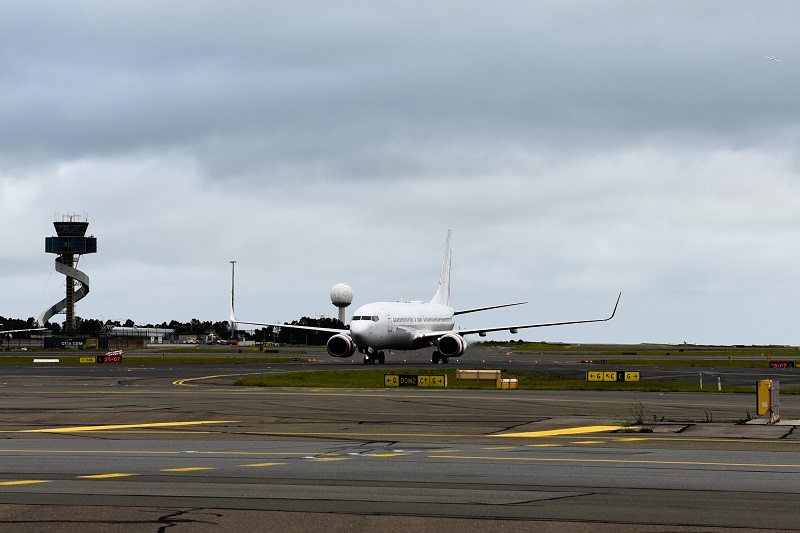Rex boss promises Jetstar prices on new 737 services
11 November, 2020
3 min read
By joining our newsletter, you agree to our Privacy Policy


Regional Express (Rex) is looking at kicking off with nine return jet services a day between Sydney and Melbourne at a price similar to Jetstar’s but service that is better than Virgin Australia's.
The airline also revealed longer-term aspirations to expand its operations to all Australian capital cities should the launch of the Boeing 737 services go well.
Rex executive chairman Lim Kim Hai told a CAPA Centre for Aviation virtual summit on Wednesday that the airline’s product, which has not yet been publicly revealed, would offer 95 percent of the features offered by full-service competitors.
“It may not have the full bells and whistles, but it will be practically everything that a full-service carrier would be offering,’’ he said.
READ: Boeing 737 to be approved next week says Reuters.
Lim confirmed that this would include a business class and lounges.
Rex has lounges in three capital cities which Lim said the airline would keep those facilities and could improve them.
He said pricing would be “around the Jetstar level” to target price-sensitive, discretionary travelers.
“However, our product offering will probably be superior to Virgin,’’ he said. “We wouldn’t be as ritzy as Qantas but all the basic elements would be there.
“So I would say Jetstar prices with twice the value of Jetstar, which means that even (in) the corporate market, the SME’s will find it very attractive.”
Rex intends to start Boeing 737 jet services in early March with three former Virgin Australia aircraft flying between Sydney and Melbourne. It plans to grow its presence to start flying to Brisbane from Easter.
The first of six 737-800s touched down in Sydney on November 5 and will be used for training ahead of proving flight for the Civil Aviation Safety Authority in December.
Lim said the airline intended to "wait a couple of months" after the initial launch and start increasing the fleet gradually and constantly if things were tracking well.
"As we bring in more aircraft we will go to all the capital cities and major cities in Australia,'' he said.
"By the end of March we will be operating five (aircraft), and by July onwards, if the environment is favorable, we'll constantly adding aircraft in at the rate of one every month or one every six weeks."
When CAPA chairman emeritus Peter Harbison noted the expansion was "pretty aggressive", Lim said: "Well, Australia is a big country and there's a lot of domestic flying going on."
Lim said he did not expect problems getting landing and take-off slots at Sydney Airport because of the impact of COVID and the reduced take-up by existing carriers.
He predicted about 35 percent of slots would not be taken up and Rex would need just 10 percent.
“So that is a huge buffer of slots,’’ he said.
The Rex CEO said he expected a federal government direction to the competition watchdog to prevent anti-competitive behavior among airlines and a review of the slot scheme would help foster competition.
Asked about synergies with the airline’s existing regional network, the executive chairman said he expected the passenger feed to be between 15 and 20 percent.
“So there is synergy in terms of the passenger numbers traveling on the same airline from regional to domestic but it’s not that that is going to make the difference,’’ he said.
“I think what’s going to make the difference is experience and savoir-faire of running a good airline.”
Get the latest news and updates straight to your inbox
No spam, no hassle, no fuss, just airline news direct to you.
By joining our newsletter, you agree to our Privacy Policy
Find us on social media
Comments
No comments yet, be the first to write one.

